Interdisciplinary Learning: Students Speak the Languages of Word and Music
Following the myth of Orpheus presentation, concert orchestra played composer Christoph Gluck’s “Orfeo ed Euridice.” Both students pointed out how the descending line later in the video contributed to Orpheus’ grief and the piece’s overall sad tone.
October 30, 2018
Honors Greek Literature and concert orchestra students joined forces on Oct. 22 in the Learning Commons as they put on a performance centered on the myth of Orpheus, a Greek hero known for his divine music. As Greek literature students broke down Orpheus’ journey, concert orchestra played music inspired by the myth, composer Christoph Gluck’s “Orfeo ed Euridice.”
In conjunction with Gluck’s opera piece performed live, student presenters and juniors Jason Chen, Nishad Francis, Lauren Hwang, Annika Lai, Andrew Wang, Miranda Wang and Dorsa Zahedi were responsible for creating connections between the musical construction of “Orfeo ed Euridice” and the written myth.
With the help of music teacher Desmond Stevens, students explained the transition in Orpheus’ life with the overture, the beginning piece in an opera, pointing out how certain musical elements, like turns and ornaments, correspond with the myth’s meaning and the characters’ emotions.
“When our group first got together, we all listened to the song multiple times just so we knew every single note, and obviously we knew the myth very well, so we just started connecting, and then we looked at the music more in depth, and we were like ‘ok, so this is what happens in the music that makes it sound so sad or tragic or happy,’” Zahedi said.
Though the audience was mostly made up of students, staff members, such as social studies department chair Jon Resendez and assistant principal Amy Paulsen, attended the interdisciplinary lesson.
“I think Portola is unique compared to other schools because we place such a large emphasis in cross-curricular learning,” sophomore and cello player Brian Chen said. “The combination of music and literature was definitely a great experience both academically and just for fun.”
As instruments resonated and students spoke, the audience was introduced to Greek culture. Central to ancient Greece, music played an important role in emotional expression and storytelling.
The grand opening of the overture introduces Orpheus as a heroic figure and helps shape the rest of the myth. Students were able to make that connection by seeing parts of the music in the presentation, then immediately listening to the corresponding part, as played by the orchestra.
“All of the research that we did coming in suggested that 21st century education needs to be less conventional in the sense that learning is compartmentalized by discipline, and that real learning and meaningful learning occurs when those arbitrary boundaries are taken down,” literary and language arts department chair Jeanne Jelnick said. “The boundaries need to come down in their minds and in their actual experience.”



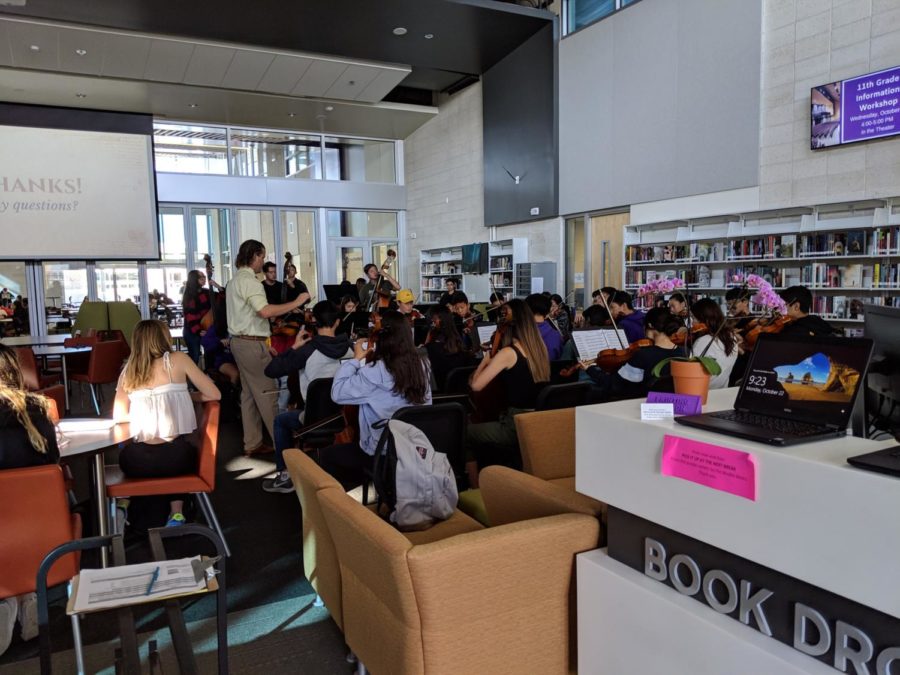
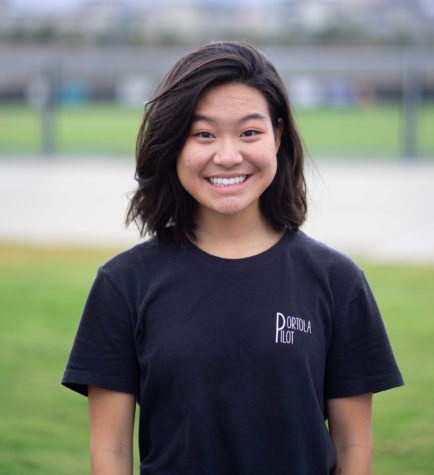
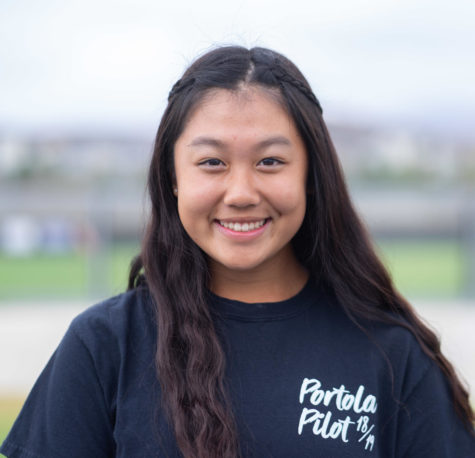
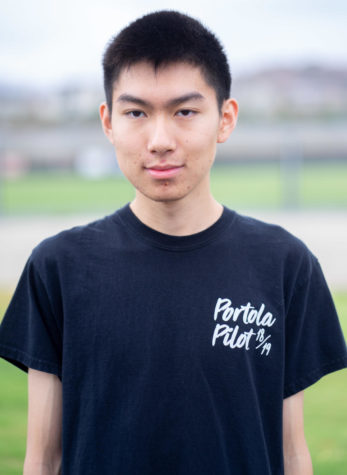


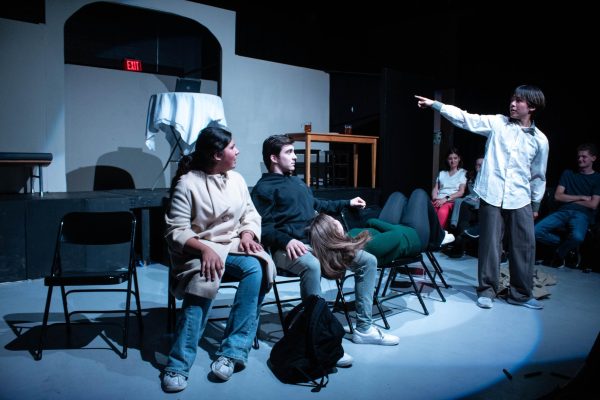
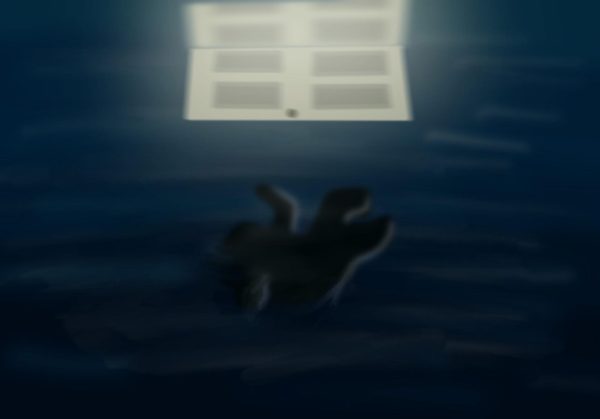
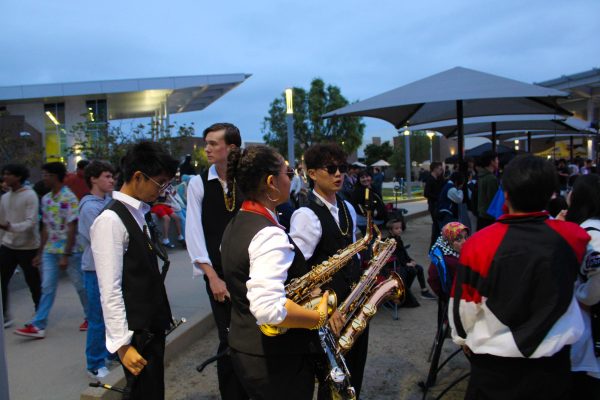

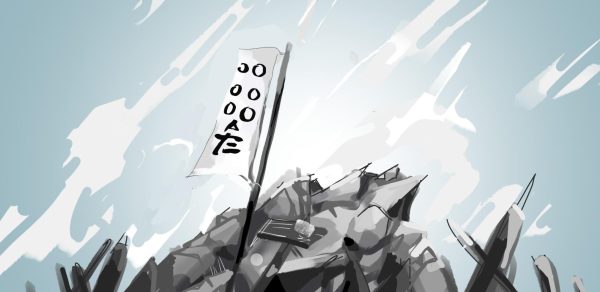
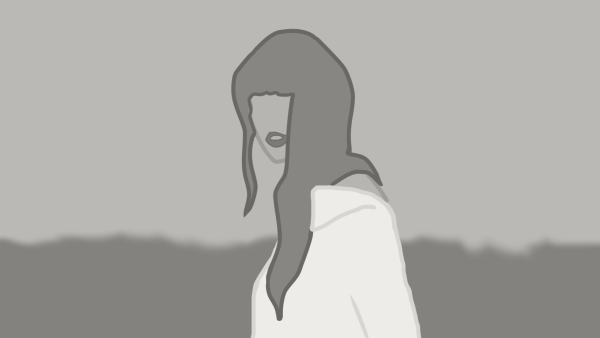


![As an experienced jazz musician, Nia Chhen Stewart thoroughly displayed her enthusiasm for the genre while performing a solo for “Over the Rainbow.” “Ive never done a [solo] where all the attention was on me,” Stewart said. “It was really nerve wracking but also empowering to be singled out for the piece.”](https://portolapilot.com/wp-content/uploads/2024/04/untitled-9579-600x400.jpg)
